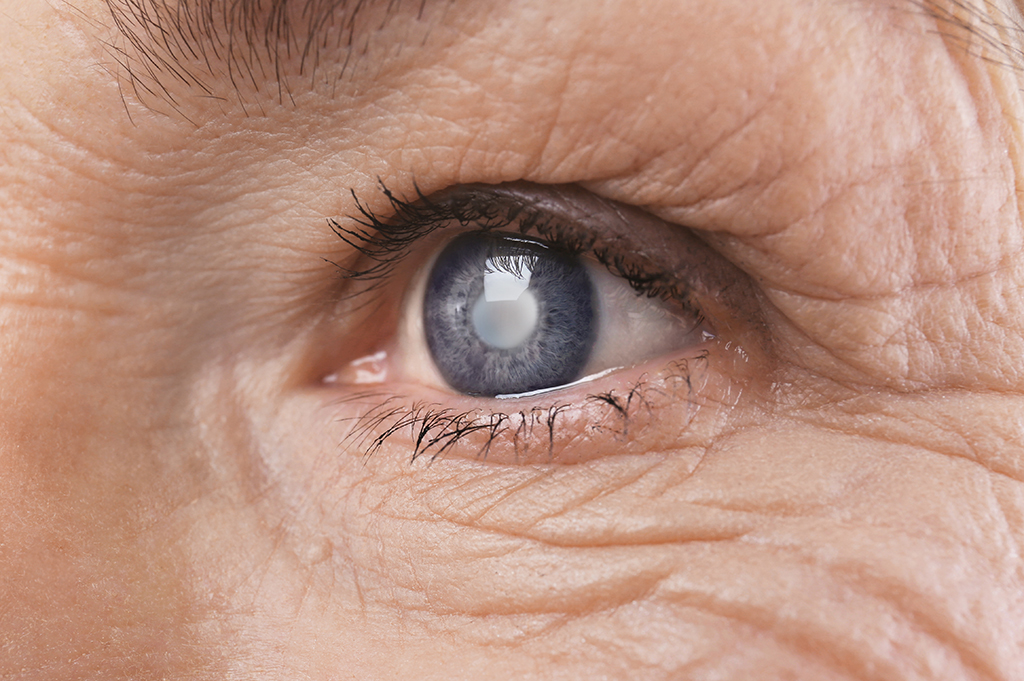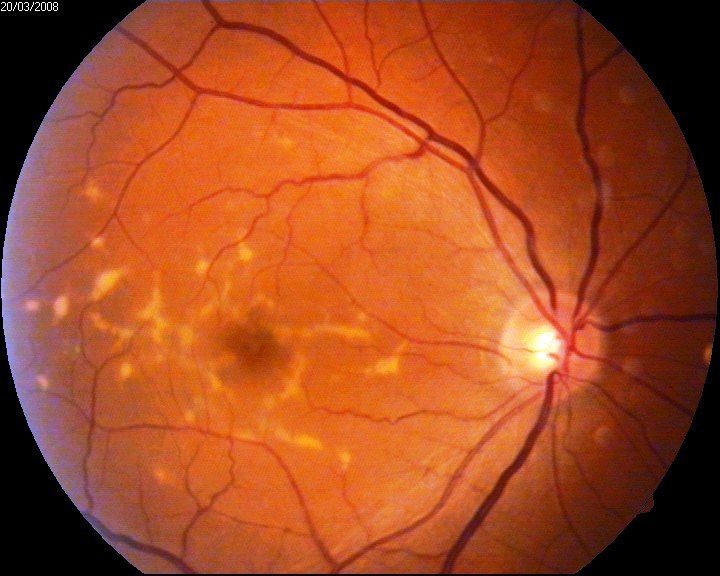Stargardt
Welcome to Bright Vision Care Hospital, your trusted partner in preserving eye health and enhancing vision. In this comprehensive guide, we will explore Stargardt disease, a rare genetic eye disorder that affects central vision. Our mission is to provide you with valuable information about Stargardt, including its symptoms, effective do's and don'ts for management, recommended eye exercises for maintaining visual function, and expert care to support you or your loved ones in living well with this condition.
Stargardt disease, also known as juvenile macular degeneration, can be challenging, but understanding its nuances and taking proactive measures are essential for optimizing eye health and quality of life.

Symptoms
Stargardt primarily impacts central vision, leading to a gradual loss of sharpness and detail in the center of the visual field.
Blind SpotsIndividuals with Stargardt may experience blind spots in their central vision, making it difficult to read, recognize faces, or perform tasks that require detailed focus.
Color Vision ChangesSome individuals may notice changes in color perception, including difficulty distinguishing between certain colors.
Difficulty Adapting to Low LightStargardt can result in increased sensitivity to light and difficulty adapting to changes in lighting conditions.
Reduced Contrast SensitivityContrast sensitivity, which allows for distinguishing objects from their background, may be compromised in Stargardt.

Do's & Dont's
Do's
Regular Eye Check-upsSchedule regular eye examinations with a retina specialist to monitor the progression of Stargardt and explore treatment options.
Low-Vision AidsConsider using low-vision aids and assistive technologies, such as magnifiers and screen readers, to enhance daily living and maintain independence.
Healthy LifestyleMaintain a balanced diet rich in eye-healthy nutrients like vitamins A, C, and E, and wear UV-blocking sunglasses to protect your eyes from harmful rays.
Support NetworksJoin support groups or connect with others who have Stargardt to share experiences and coping strategies.
Seek Genetic CounselingIf you have a family history of Stargardt, consider genetic counseling to understand your risk and make informed family planning decisions.
Dont's
Don't SmokeAvoid smoking, as it can exacerbate eye conditions like Stargardt and increase the risk of complications.
Avoid High-Risk ActivitiesRefrain from activities that may pose a risk of injury due to vision impairment, such as driving when your vision no longer meets legal requirements.
Don't Skip Eye ExamsDo not skip or delay regular eye examinations, as monitoring Stargardt's progression is crucial for timely intervention.
Limit Excessive Sun ExposureProtect your eyes from harmful UV rays by wearing sunglasses and avoiding prolonged sun exposure without protection.
Don't Self-MedicateAvoid self-prescribing dietary supplements or medications without consulting a healthcare professional or specialist.
Exercises
While there are no specific exercises to treat Stargardt, maintaining overall eye health is essential. Consider these practices:
Discuss with your healthcare provider the use of supplements that support eye health, such as those containing lutein and zeaxanthin.
Low-Vision RehabilitationParticipate in low-vision rehabilitation programs to learn strategies for optimizing your remaining vision.
Orientation and Mobility TrainingIf needed, consider orientation and mobility training to enhance your ability to navigate safely.
Visual Field AwarenessPractice maintaining awareness of your peripheral vision and train your brain to make better use of it.
Adaptive TechnologyLearn to use adaptive technologies and devices that can assist with tasks such as reading and using digital devices.

Summary
Stargardt disease is a genetic eye condition that affects central vision. At Bright Vision Care Hospital, we are committed to providing you with expert care and support to navigate life with Stargardt. By following the do's and don'ts, maintaining a healthy lifestyle, seeking professional care, and incorporating low-vision strategies and technologies, you can enhance your quality of life and maintain independence.